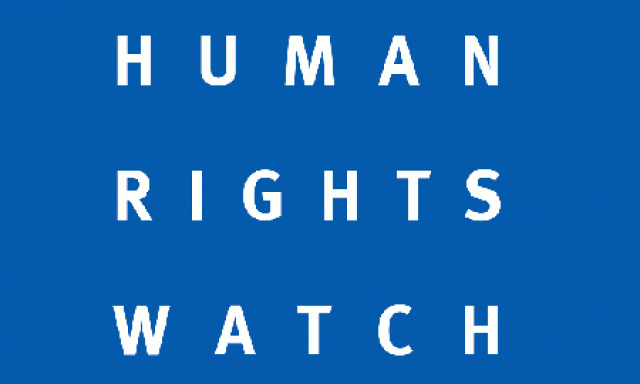A sharp riposte
Given the times that we live in, some will wonder if mentioning names is some kind of a threat.

The ISPR insisted in its terse statement that the judicial commission did an exemplary job and received full support from the ISI. It should be noted that the HRW is not the first to question the contents of the document. Much of the mainstream English print media, including this newspaper, also criticised the findings of the commission and in particular, its inability to find out exactly who was behind Saleem Shehzad’s murder. What is also worrying is that the ISPR statement mentions names — something which is rarely done. Brad Adams, the Asia Director of HRW and Ali Dayan Hasan, its director for Pakistan, are both individually named. Given the times that we live in, some will wonder if this is some kind of a threat. We can only hope that threatening them was not the military’s intention. Over the past few years, too many journalists have died and too many killings have remained unsolved. One particularly brutal case was that of Hayatullah Khan in North Waziristan in 2006, which remains unsolved to this day. Unfortunately, it seems that the gruesome murder of Saleem Shehzad will remain unsolved as well. No wonder then Pakistan is branded as the most dangerous country in the world for journalists.
Published in The Express Tribune, February 18th, 2012.














COMMENTS
Comments are moderated and generally will be posted if they are on-topic and not abusive.
For more information, please see our Comments FAQ